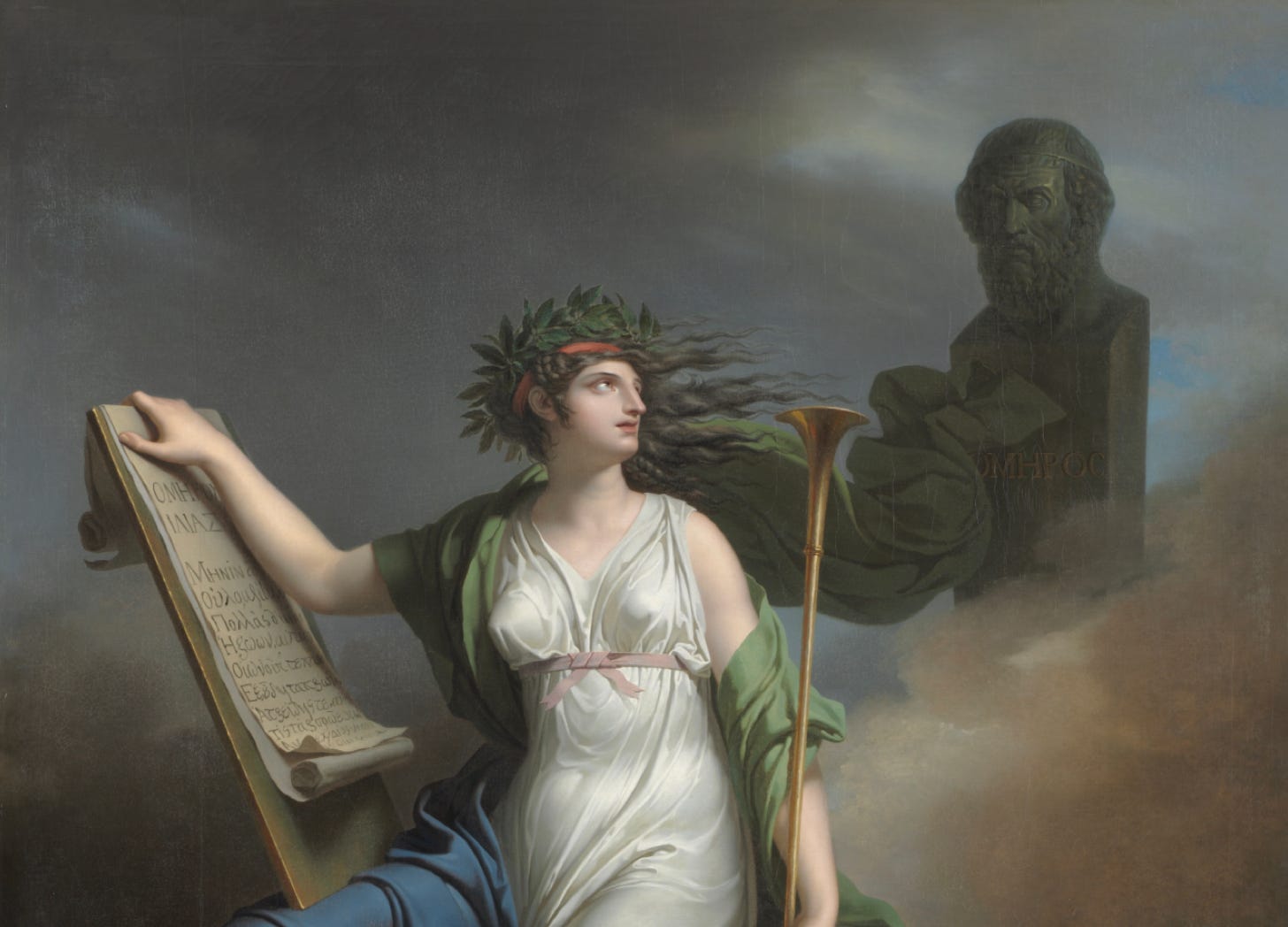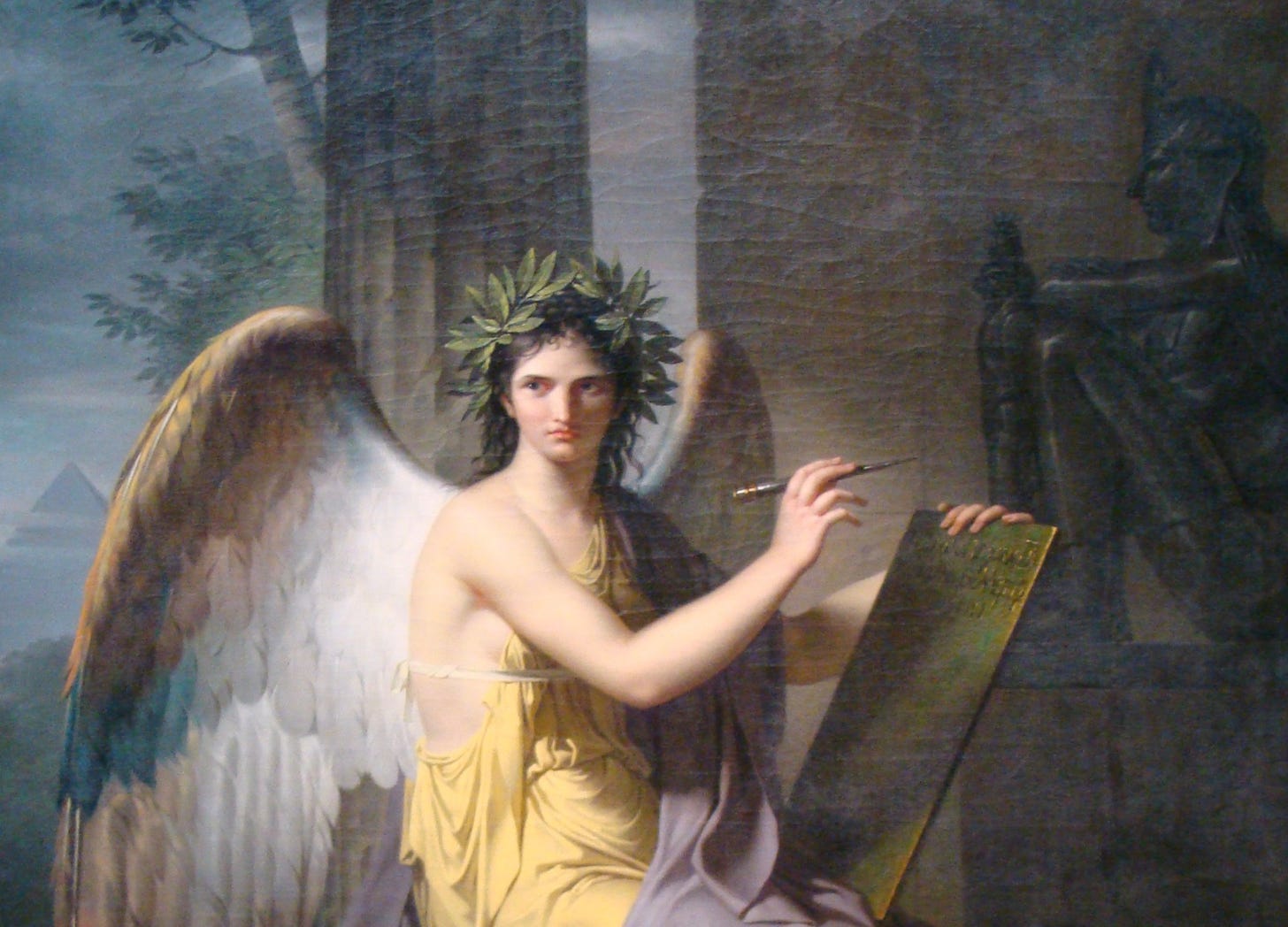The following paragraphs were originally written, in German, as part of a longer treatise on military history. I present them - or, rather, their translation - here because I suspect that they may have value to the self-directed learner, especially those of us exploring Clio’s realm.
Histories are written by either historiographers or creative historians. Both types do useful work, and both of them are necessary. The historiographer represents the professionally trained, diligent, and conscientious researcher. He spends years on end, perhaps his whole lifetime, carefully collecting document by document, piece by piece, scrutinizing and slowly assembling them into a monumental treatise. Nobody will deny that this type of researcher is entirely indispensable for doing the groundwork of collecting and screening the facts of history and recording them as raw material. Without the laborious and meritorious work of this indispensable type of historiographer and archivist, the work of the creative historian would be unthinkable.
The true historian is that inspired intellectual genius - not necessarily a trained researcher - who has the knack of grasping the meaning of an epoch out of the volumes of the historiographers. He strives to bring to the fore the significance, the individuality, the spirit of the era in question. It may often prove an advantage if this historian is not a professional. He will, in this case, be able to see the essentials with a more open and unburdened mind.
Specialists and professionals are indeed indispensable, but ideally they should be directed by a gifted amateur, although naturally such a director should have considerable professional experience.
A creative historian will never be able, in spite of all attempts at objectivity, to suppress his own personality, his personal conception of events. Historians should even be allowed to fight for their own opinions. Only then can they be regarded as intellectual leaders and not as laborers with a six or eight-hour working day.
Source: Günther Blumentritt (translator unknown) The Twin Aims of Military History (Foreign Military Studies, Unpublished Manuscript, 1952)
Note: While I was unable to find a copy of the German original of The Twin Aims of Military History, I have placed the anonymous translation of the complete document in my online collection of PDF files. (As the Federal Government of the United States paid both the author and the translator for their work, both the German original and the translation belong to the public domain.)





Thank you for posting this. The topic is something I have faced with “professional” historians in the past - my counter is always it should be the value/validity of the idea, not the background of the person, which should be the focus of discussion and debate.
1952 “fight for their own opinions”, 1996 “situate self in the narrative” - Ruth Behar. A significant difference.